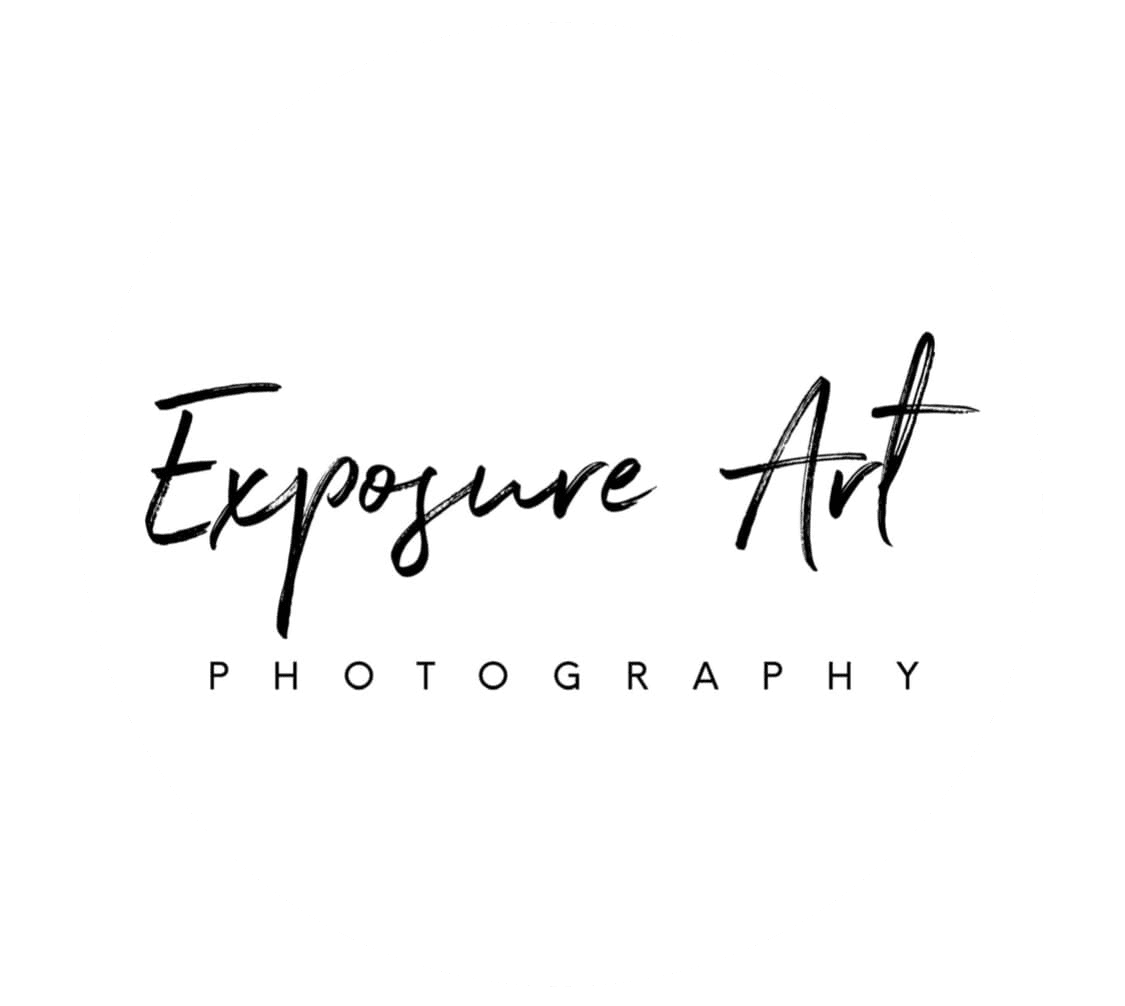Why We Do It: Photographers and Photo Editors on the Passion That Drives Their Work

Article Date: 04/18/2023
The people who make up today’s thriving photographic community are our eyes to the world. Whether established artists and journalists or passionate emerging voices, they inform us, they inspire us, they amaze us, they put our world in the broader context of history.
But that community also faces great challenges — dwindling sales, increased competition and a fragile trust in photographers’ mission to inform. Too often, those factors can make those of us in that community, photographers and photo editors alike, lose sight of what drive us.
For this post, my last as editor of TIME LightBox, I asked 13 of my colleagues – some of the many photographers and photo editors who have influenced and inspired me over my last ten years in this industry – to answer these essential questions: Why do they do it? Why do they wake up every morning ready to take photographs, to edit them, to publish them? Why is photography important to them and, by extension, to all of us?
Here are their answers:
Kathy Ryan, Director of Photography, the New York Times Magazine
Photographs are the universal language of our era. Everyone has hundreds, maybe thousands in their pocket. Weightless, they turn the scale when the argument is: What happened here? Images don’t age or warp. A great photographer’s strings never go out of tune.
It is for this reason that we need photographers. They are the ones who sort all the chaos of the world into images that bring clarity to the free-for-all of life. They are the witnesses and artists who can distill the mayhem and beauty that surrounds us. They call our attention to the things we miss in our everyday lives and they call our attention to events and people at a great distance from our own patch of the universe. When they direct our eyes and hearts with precision and honesty, we know what we know differently and better. Photographers teach us to look again, look harder. Look through their eyes.
Ruddy Roye, Photographer
I shoot because I see. I shoot because if I don’t, I don’t know who will. Activism is seen as a dirty word. I shoot because I find peace in being especially active, and being a vigorous advocate for a cause.
How does one define what a “cause” is? According to Webster, it is “a person or thing that acts, happens, or exists in such a way that some specific thing happens as a result; the producer of an effect.”
I wish that every image I photograph reexamines and redefines the image of the black man, the black woman, and the black child. My photography is first and foremost a catalyst or reason to motive human action. Every picture I take asks the questions, “Who am I and what is my role here on this earth?” It is my way of seeing. It is my way of saying this is another way of seeing me.
Sarah Leen, Director of Photography, National Geographic
I have spent my entire professional life creating, editing, critiquing or teaching photography and working with photographers. It has been the way that I have experienced much of the world. In a deeply personal way I feel an image is a poem about time, about “staying the moment.” Photography can defeat time. Images can keep the memory of a loved one alive, hold a moment in history for future generations, be a witness to tragedy or joy. They can also change behavior, stimulate understanding and create a sense of urgency that will move people to action. Photography is the universal language that speaks to the heart.
Photographers are the dedicated, passionate and sometimes half-crazy individuals who are willing to give their lives, too often quite literally, to show us what needs to be seen, what needs to be known. I can think of no greater honor nor privilege than to have lived a life surrounded by images and the amazing individuals who create them and share them with us.
Stacy Kranitz, Photographer
For me it began with this fear of myself as a hermit and a search for a tool that would put me in a position to have to be out engaging with the world everyday.
Then it became this portal to and catalyst for reckoning with the other and how the camera can be used to breaking down barriers between the photographer, subject and viewer.
Now that the image has become devalued as a truth-revealing mechanism, it is free to own its subjectivity and becomes an ideal medium to navigate ideas around humanity, connection, identity, memory, presence, experience and intimacy.
Stephanie Sinclair, Photographer
Why do we do it? I think we all ask ourselves this question, especially as the industry becomes ever more volatile, with colleagues losing their jobs, and even their lives, more often than many of us ever expected when we went into this profession. Not to mention the steeply declining pay for those of us who manage to eke out a living doing editorial work… But for me, it comes down to the people in my photographs.
Original Post: https://time.com/4839246/photographers-passion/
Get In Touch
Book An Appointment & We'll Make You Look Beautiful
We would be happy to hear from you.
